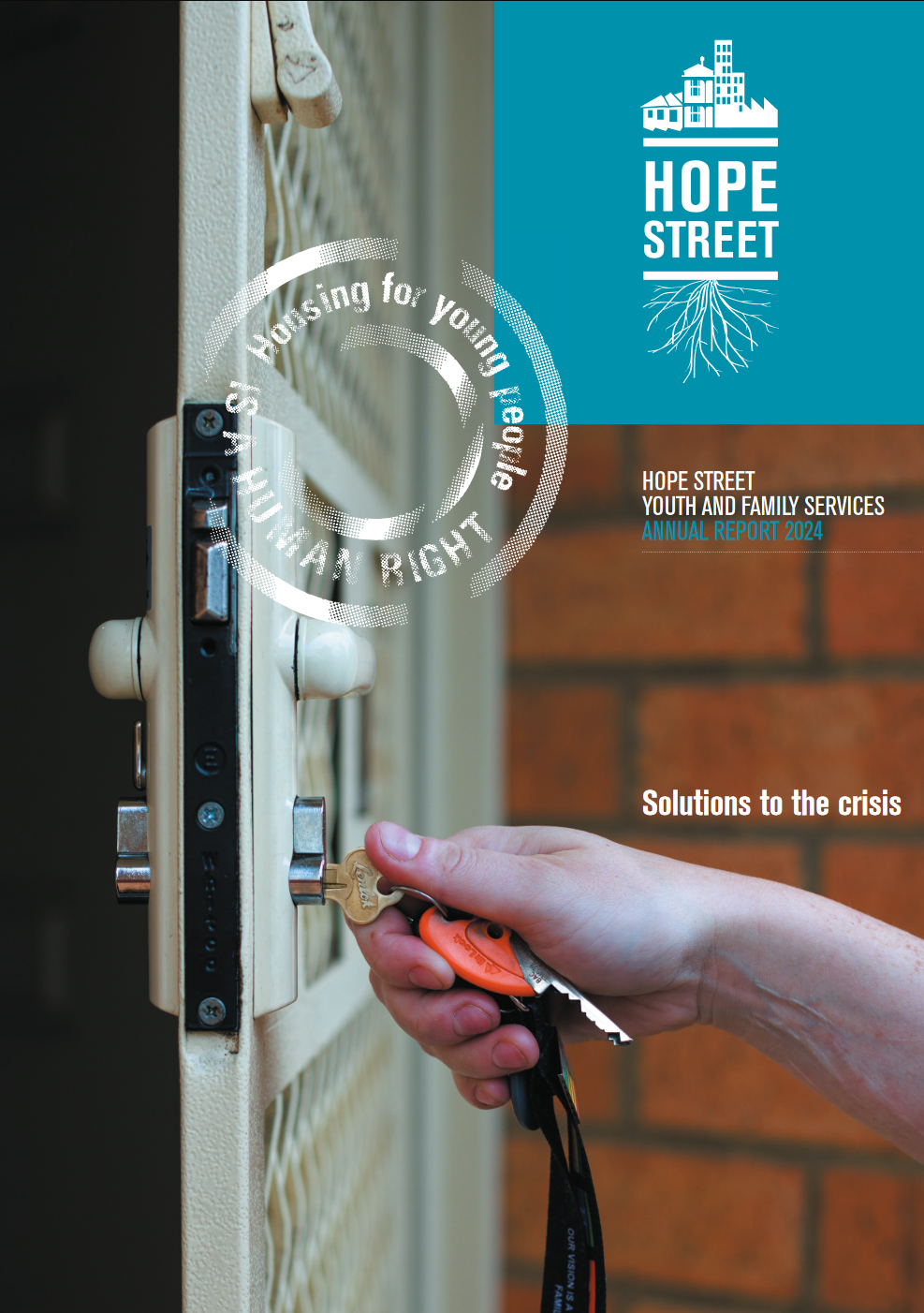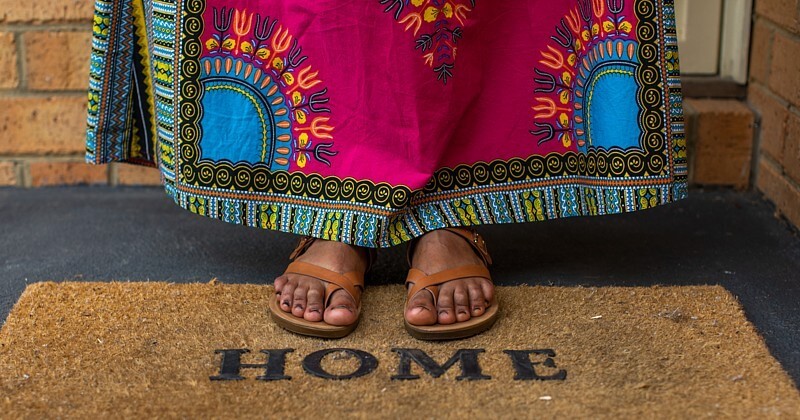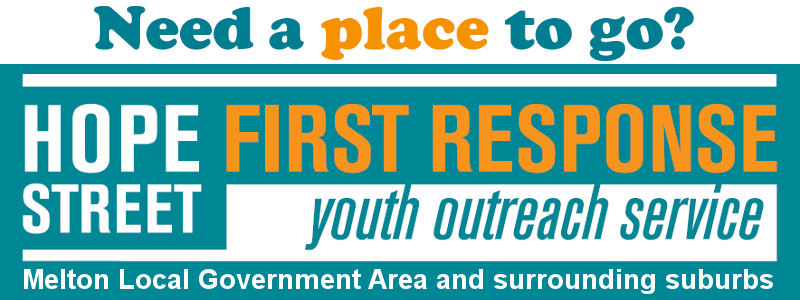The Hope to Home in Melton pilot program was completed in 2018/2019 and is now in a funding transition phase while Hope Street explores sustainable government funding opportunities. The evaluation research conducted by Victoria University and launched in August 2018 noted that the Hope to Home model was highly successful in achieving its aims, is unique and scalable to other local government areas across Victoria in diverting young people (at risk of) experiencing homelessness from crisis and accommodation services within the homelessness service system.
The program has accomplished its primary goal of assisting young people into the private rental market. By participating in the program, young people also began developing a rental history, as well as gaining valuable knowledge and skills relating to securing and maintaining leases.
Hope to Home in Whittlesea is currently continuing thanks to funding from Hope Street and corporate partner ALH Group. Hope Street is working to secure ongoing recurrent funding of the Melton program.
OUTCOMES SUMMARY, 2016-2019
From January 2016 – June 2019 across the City of Melton and the City of Whittlesea:
- 87 people housed across 40 tenancies (55 young people and 32 dependent children);
- Average client age: 20 years;
- Average time between commencing program and being housed in private rental: 5.5 weeks;
- Client situation prior to program: most were relying on temporary, unsuitable accommodation with family and friends;
- Percentage of tenancies that lasted longer than 6 months: 75%;
- Percentage of clients who were within the homelessness service sector prior to the program: 31%;
- Range of services provided:
- Assistance finding houses available to rent;
- Assistance with inspections and the application process;
- Liaising with landlords;
- Securing properties (bond and rent);
- Setting up the house for the occupancy;
- Provision of cash brokerage and shopping vouchers which helped clients maintain their tenancies;
- Tenancy trainings and mentoring; and
- Support to pursue employment and education.
From July 2018 to June 2019, 10 young people and five dependent children in the City of Whittlesea joined Hope to Home, whilst previous clients in both City of Whittlesea and City of Melton received ongoing case management and tenancy support.
Learn more about the young people supported, and our impact, from the reports below.
Download
Over a two-year period, Victoria University undertook a rigorous research evaluation of the Hope to Home model piloted in Melton and Whittlesea. An interim report was provided during the 2017-18 reporting period and a final report released in August 2018 at the Hope to Home Research Evaluation Report 2018 Launch.




